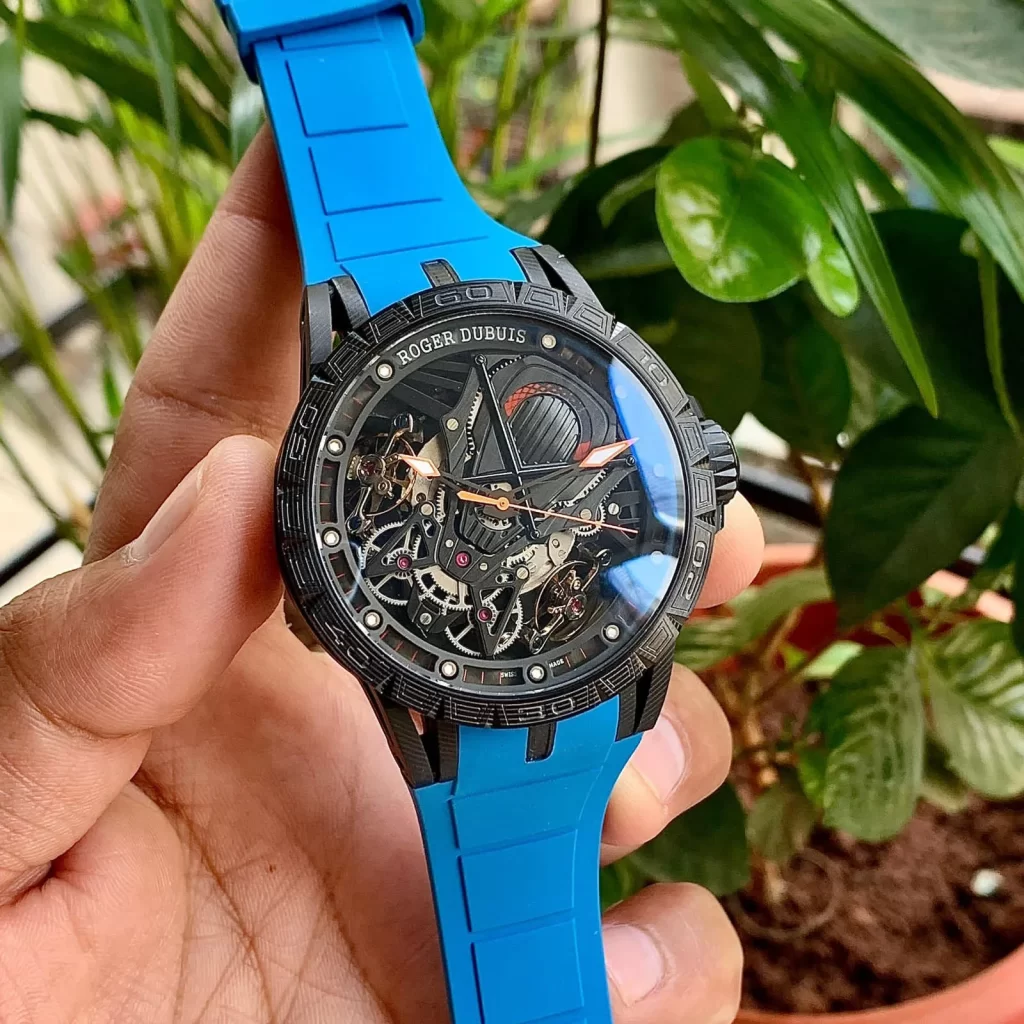The phenomenon of purchasing replica watches has become increasingly prevalent, driven by various psychological and socio-economic factors. For many consumers, the allure of replica watches stems from a desire for status and prestige without the hefty price tag associated with genuine luxury timepieces. In a society that often equates success with material possessions, owning a watch that mimics the design and branding of high-end models can fulfill a need for social validation. This desire for acceptance can be particularly pronounced in environments where peer comparison is common, such as workplaces or social circles that prioritize status symbols. Additionally, the psychological principle of scarcity plays a significant role in the appeal of luxury watches. Genuine luxury items are often produced in limited quantities, creating a sense of exclusivity that can enhance their desirability. Replica watches capitalize on this notion by offering consumers the chance to partake in a luxury experience, albeit at a fraction of the cost.

This accessibility enables individuals who may not otherwise have the financial means to purchase genuine luxury watches to feel a sense of belonging to an exclusive club. The ability to showcase a high-end watch without the financial commitment can provide a temporary boost in self-esteem and confidence, which may contribute to repeat purchases. Moreover, the act of buying a replica watch can be viewed as a form of identity construction. For some consumers, wearing a watch that emulates a prestigious brand allows them to project an image of sophistication and affluence, regardless of their actual financial situation. This performative aspect of identity is particularly significant in the age of social media, where individuals curate their online personas to reflect aspirational lifestyles. A stylish replica watch can serve as an accessory that enhances one’s perceived status and can be shared on social platforms, further reinforcing this constructed identity. The psychology of consumer behavior also suggests that the decision to purchase replica watches can be influenced by cognitive dissonance.
Consumers often grapple with the ethical implications of buying counterfeit products, especially when aware of the potential harm to legitimate brands. However, many mitigate this dissonance by rationalizing their purchases. They may argue that Luxe Replica Watches are not meant to deceive others but rather serve as a cost-effective alternative that provides similar aesthetic value. This rationalization allows consumers to enjoy the benefits of luxury aesthetics without the associated guilt of infringing on intellectual property rights. Additionally, the internet and e-commerce have played a crucial role in the proliferation of replica watches. Online marketplaces provide easy access to a vast array of replica timepieces, enabling consumers to explore options without the constraints of traditional retail environments. The anonymity of online shopping can also reduce the perceived risk of social judgment associated with purchasing replicas, making it easier for consumers to indulge in their desires. The wide range of available options means that individuals can find a replica that closely resembles their favorite luxury brand, further enhancing their satisfaction with the purchase.

